The Brooklyn, New York–based Whiting Foundation recently announced the creation of a new grant program intended to support the work of nonprofit literary magazines. Three Whiting Literary Magazine Prizes, totaling up to $120,000, will be given annually for print and digital publications. Hoping to support both “nimble upstarts as well as established journals,” the foundation will offer two prizes for medium-sized and smaller print magazines, and one prize for an online publication. In order to focus on publications that will most benefit from financial support, eligibility is limited by a magazine’s annual operating budget (up to approximately $150,000 for small magazines and $500,000 for medium-sized and online magazines). An anonymous panel of first-round readers and final judges—made up of editors, writers, independent booksellers, and other experts in the field—will select the three annual recipients, and will consider the following criteria in their selections: magazines that publish extraordinary writing, connect with readers, support talented writers on the page and in the world, and advance the literary community.
Founded in 1971 by investor, collector, and philanthropist Flora Ettlinger Whiting, the Whiting Foundation is guided by its belief in empowering artists as early as possible in their creative development. The organization is perhaps best known for its individual grants for creative writers, which since 1985 have been given annually to ten emerging poets, fiction writers, creative nonfiction writers, and playwrights. The awards, worth $50,000 each, are based “on early accomplishment and the promise of great work to come.” Recent recipients include Alexander Chee, Yiyun Li, Victor LaValle, Tracy K. Smith, Tyehimba Jess, Elif Batuman, Li-Young Lee, Layli Long Soldier, and C. E. Morgan. According to its website, the foundation follows a similar mission with the new Literary Magazine Prizes: to support the idea that literary publications are “more than vessels for fresh writing,” but often, and more important, “the first significant editorial relationship for an emerging writer.”
“We noticed in the bios of our emerging writers the central importance of literary magazines in launching their careers, and got very interested in the range and vibrant energy of the magazines out there,” says Courtney Hodell, the Whiting Foundation’s director of writers’ programs. So many literary magazines operate on a shoestring budget, their employees (and in many cases volunteer staffs) inversely under-recognized for what can be herculean efforts to keep a publication afloat. “They work with the zealot’s ethic, without the pay to match,” Hodell says of magazine editors and staff, whose concerns often include having an adequate budget to pay writers, publishing content on time, serving a target audience while reaching a wider readership, and supporting contributors throughout their careers. Through the Literary Magazine Prizes, Whiting hopes to create a support system for these platforms, which themselves serve as important support systems for writers.
In addition to offering financial support (each monetary prize will be distributed over several years), the new awards will attempt to help magazine staffs achieve larger, long-term goals they might otherwise have difficulty planning and executing. This “call to action,” which applicants are asked to identify in their application materials, will be a significant factor in the decision process. “By a ‘call to action,’” Hodell explains, “we mean that we hope magazines will take the application process as an excuse to carve out the time for strategic thinking, articulate a powerful goal to reach for, and start to identify what they would need to do to achieve it.” Some examples could include bringing on a new editor or social media staff person, identifying ways to broaden a subscription base, or publishing new voices.
The new awards are timely, Hodell says, not least because the world is in need of such voices, of diverse stories by emerging writers who otherwise might not find a home for their work. “Grants for nonprofit literary magazines have only become scarcer over the last decade or two. In light of the gap between the quality and importance of the work, and the available funding, the Whiting Literary Magazine Prizes are a small contribution.” The greater hope, she notes, is that the new awards will draw the attention of other grant makers who might also increase support of literary magazines.
The application deadline for the inaugural Whiting Literary Magazine Prizes is December 15. Winners will be announced in the late spring of 2018, with an awards ceremony and celebration in New York City to follow shortly thereafter. Visit the Whiting Foundation website for more information about the prizes and complete application guidelines.
Nadia Q. Ahmad is Poets & Writers Magazine’s Diana & Simon Raab Editorial Fellow.
Ondaatje Archive Acquired by Harry Ransom Center
The archive of Booker Prize–winning author Michael Ondaatje has been acquired by the Harry Ransom Center, an internationally renowned humanities and research library at the University of Texas in Austin. The collection, which is composed of more than ninety boxes of material, includes notebooks containing early drafts of his novels, as well as poetry manuscripts, plays, photographs, audio and video recordings, and correspondence with friends and fellow authors such as Margaret Atwood, John Berger, W. S. Merwin, Joan Didion, Salman Rushdie, and Alice Munro. Like all of the Ransom Center’s collections, once catalogued, Ondaatje’s archive will be open for research and viewing by students, scholars, and the general public. Considering its size, the collection will take many months to catalogue, but the Ransom Center plans to start that work immediately in order to share the materials as soon as possible.
The Ransom Center’s mission is to encourage a deeper appreciation of literature, photography, film, art, and the performing arts, and to share and celebrate the creative process, providing unique insight into the often unseen artistic practice of writers and artists. This latest acquisition is no exception. “Michael Ondaatje’s working notebooks provide researchers an intimate glimpse of the creative decisions he made in composing such powerful works as The English Patient,” says Ransom Center director Stephen Ennis, “while the many letters in the archive place him within an artistic network of other writers, editors, and publishers, each with their own influence on the author and his work.” Ondaatje’s notebooks—in which the author composes up to four drafts of each novel by hand before moving to a typewriter or computer—serve as the showcase of the collection. “He has pasted into them pictures, maps, and quotations that make plain the associative way his mind works,” Ennis says. “They are highly visual artifacts that invite us to consider the relationship between character, plot, and visual imagery of different kinds.”
The author of six novels, including the 1992 Booker Prize–winning The English Patient, as well as thirteen poetry collections and several works of nonfiction, criticism, and plays, Michael Ondaatje was born in Sri Lanka, formerly Ceylon, in 1943. He immigrated to England in 1954 and moved to Canada when he was eighteen. With works that are often read in the context of modern British literature and postcolonial studies, and whose characters and themes often deal with place and displacement, Ondaatje calls himself a nomad in both life and work, “a mongrel of place. Of race. Of cultures. Of many genres.”
Though Ondaatje, who lives in Toronto, has been writing for more than fifty years, his career as both a poet and a writer was an unexpected path. “I never imagined I would be a writer,” he says. “And when I began writing poetry I never thought I would end up a novelist as well.” Ondaatje’s next book, Warlight, is forthcoming from Knopf in May 2018. Set in London in 1945, the novel follows two young siblings who have been separated from their parents in the aftermath of Nazi bombings.
With a firm belief in a community of artists, Ondaatje is optimistic about housing his archive at the Ransom Center, where he joins a literary collection that includes contemporaries such as J. M. Coetzee, Kazuo Ishiguro, and Jayne Anne Phillips, as well as Faulkner, Yeats, Borges, and Whitman, among many others. This “gathering of wonders,” he says, representing many cultures and places in one space and time, makes the Ransom Center the ideal home for his work—a place where, as he describes the places in his books, people “are able to discover themselves and others…where strangers meet and are altered.”
Nadia Q. Ahmad is Poets & Writers Magazine’s Diana and Simon Raab Editorial Fellow.

Notebooks containing the first draft of Michael Ondaatje’s novel The English Patient, 1988. (Credit: Pete Smith, courtesy of Harry Ransom Center.)
Harry Ransom Center Acquires Pound Archive
A sizable collection of papers, photographs, and personal items of Ezra Pound was recently acquired by the Harry Ransom Center at the University of Texas, Austin. Fourteen archival boxes containing photographs, two chess sets, a scrapbook, and other personal effects such as the late poet’s walking stick and a lock of his baby hair belonged to Marcella Spann Booth, Pound’s secretary and close friend in his later years. Also included in the archive are more than seven hundred letters Pound wrote to Booth, James Laughlin, William Carlos Williams, and others.
“The Ezra Pound collection of Marcella Spann Booth gives us even greater insight into the latter part of this difficult—in every sense of the word—poet’s mind and work,” said Brian A. Bremen, an associate professor of English at the University of Texas. In a press release, the Ransom Center referred to Pound’s later years as a “period of prolific creativity and mental turmoil.”
Spann Booth met Pound when she visited him toward the end of his twelve-year stay at St. Elizabeth’s mental hospital in Washington, D.C. Pound had been hospitalized after being declared unfit to be tried for treason for his support of Mussolini during World War II.
Upon his release in 1958, Spann Booth traveled to Italy with Pound and his wife Dorothy. She later returned to the United States and received her PhD in English.
“It is rare that a collection would become available today that could add so much to the scholarly record about arguably the most ubiquitous of the moderns,” said Ransom Center director Thomas F. Staley. “This untapped collection will be a remarkable resource for scholars of 20th century literature.”
The collection, which adds to the Center’s existing Pound materials, is expected to be available for public viewing by spring 2009.
British Library Acquires Expansive Ted Hughes Archive
A major collection of the papers of poet Ted Hughes was acquired on Tuesday for roughly one million dollars by the British Library in London. The archive consists of over two hundred boxes containing manuscripts of Hughes's poems, journals, ephemera, and letters to his literary contemporaries, including poets Seamus Heaney and Kathleen Raine, the Web site 24 Hour Museum reported.
Scholars and readers of the poet and his first wife, Sylvia Plath, may find the archive of particular interest for Hughes's papers related to his final book, Birthday Letters (Farrar, Straus and Giroux). The collection, published shortly before Hughes’s death in 1998, was received by many as an homage to Plath, who took her own life in 1963. The collection contains map-like notes for and early versions of poems that appear in the book, whose working title was "The Sorrows of the Deer."
"The archives show the conflicts he was going through—how he worked things out in prose before working them up into poetry," said Rachel Foss, curator of Modern Literary Manuscripts at the British Library, adding that Hughes wrote Birthday Letters over a period of twenty-five years. "It absolutely gives the lie to the idea that Birthday Letters was a rush, a spontaneous overflow of emotion that he just got out onto the page."
In a letter to Heaney, dated New Year's Day 1998, Hughes said of the poems in the volume, "Because I’d come to the point where there seemed no alternative, I just couldn’t bear to go on with them stuck in my craw." Hughes went on to say, "Publication came to seem like a matter of life and death."
According to the Canadian Press, the library plans to have the archive, which also includes literature for children and unfinished writings on Shakespeare, catalogued and available to researchers by the end of 2009.
Ransom Center Acquires Norman Mailer Archive
The papers of Norman Mailer were recently purchased for $2.5 million by the Harry Ransom Humanities Research Center at the University of Texas in Austin. Nearly five hundred boxes, weighing more than twenty-thousand pounds, filled with unpublished stories, journals, essays, and screenplays, as well as manuscripts of nearly all of the Pulitzer Prize-winning writer's forty books, will be shipped to the Ransom Center early in the summer.
The archive also contains approximately 25,000 letters—originals and carbon copies—written by Mailer and literary greats such as James Baldwin, Truman Capote, Joan Didion, Allen Ginsberg, Lillian Hellman, Robert Lowell, and many others.
In choosing the Ransom Center, Mailer noted its reputation as “one of the best, if not, indeed, the greatest collection of literary archives to be found in America. What the hell. Since it's going to Texas, let's say one of the best in the world."
Mailer's archive adds to the Ransom Center’s prominent literary holdings, which already include the papers of Don DeLillo, Isaac Bashevis Singer, James Jones, and Arthur Miller.
Texas State University Buys McCarthy Archive for $2 Million
Novelist Cormac McCarthy recently sold his archives to the Southwestern Writers Collection at Texas State University, San Marcos, for $2 million, the Associated Press reported yesterday. The archives include correspondence, notes, drafts, and proofs of McCarthy's eleven novels, including his 2007 Pulitzer Prize-winning The Road (Knopf) and All the Pretty Horses (Knopf), which won a National Book Award in 1992. In announcing the acquisition, Bill Wittliff, who cofounded the Southwestern Writers Collection in 1982, called McCarthy "one of the immortals." The university hopes to open the archives to the public next fall.
In other Cormac McCarthy news, Variety reported yesterday that Charlize Theron will costar in the film adaptation of The Road, which is set to begin filming next month. Theron, who has appeared in over two dozen movies, including Monster (2003) and Cider House Rules (1999), will play the wife of the book's main character—an unnamed man who, along with his son, journeys south across a post-apocalyptic landscape—played by actor Viggo Mortenson.
Ransom Center Acquires Norman Mailer Archive
The papers of Norman Mailer were recently purchased for $2.5 million by the Harry Ransom Humanities Research Center at the University of Texas in Austin. Nearly five hundred boxes, weighing more than twenty-thousand pounds, filled with unpublished stories, journals, essays, and screenplays, as well as manuscripts of nearly all of the Pulitzer Prize-winning writer's forty books, will be shipped to the Ransom Center early in the summer.
The archive also contains approximately 25,000 letters—originals and carbon copies—written by Mailer and literary greats such as James Baldwin, Truman Capote, Joan Didion, Allen Ginsberg, Lillian Hellman, Robert Lowell, and many others.
In choosing the Ransom Center, Mailer noted its reputation as “one of the best, if not, indeed, the greatest collection of literary archives to be found in America. What the hell. Since it's going to Texas, let's say one of the best in the world."
Mailer's archive adds to the Ransom Center’s prominent literary holdings, which already include the papers of Don DeLillo, Isaac Bashevis Singer, James Jones, and Arthur Miller.
British Library Acquires Expansive Ted Hughes Archive
A major collection of the papers of poet Ted Hughes was acquired on Tuesday for roughly one million dollars by the British Library in London. The archive consists of over two hundred boxes containing manuscripts of Hughes's poems, journals, ephemera, and letters to his literary contemporaries, including poets Seamus Heaney and Kathleen Raine, the Web site 24 Hour Museum reported.
Scholars and readers of the poet and his first wife, Sylvia Plath, may find the archive of particular interest for Hughes's papers related to his final book, Birthday Letters (Farrar, Straus and Giroux). The collection, published shortly before Hughes’s death in 1998, was received by many as an homage to Plath, who took her own life in 1963. The collection contains map-like notes for and early versions of poems that appear in the book, whose working title was "The Sorrows of the Deer."
"The archives show the conflicts he was going through—how he worked things out in prose before working them up into poetry," said Rachel Foss, curator of Modern Literary Manuscripts at the British Library, adding that Hughes wrote Birthday Letters over a period of twenty-five years. "It absolutely gives the lie to the idea that Birthday Letters was a rush, a spontaneous overflow of emotion that he just got out onto the page."
In a letter to Heaney, dated New Year's Day 1998, Hughes said of the poems in the volume, "Because I’d come to the point where there seemed no alternative, I just couldn’t bear to go on with them stuck in my craw." Hughes went on to say, "Publication came to seem like a matter of life and death."
According to the Canadian Press, the library plans to have the archive, which also includes literature for children and unfinished writings on Shakespeare, catalogued and available to researchers by the end of 2009.

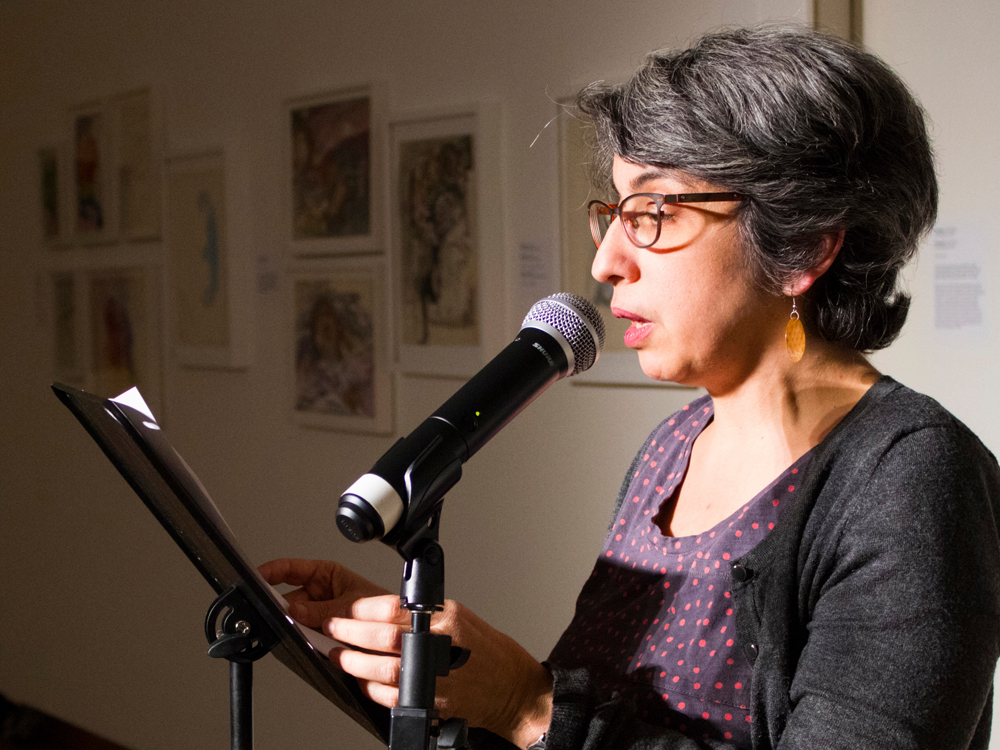 Sitting at a folding table at the
Sitting at a folding table at the 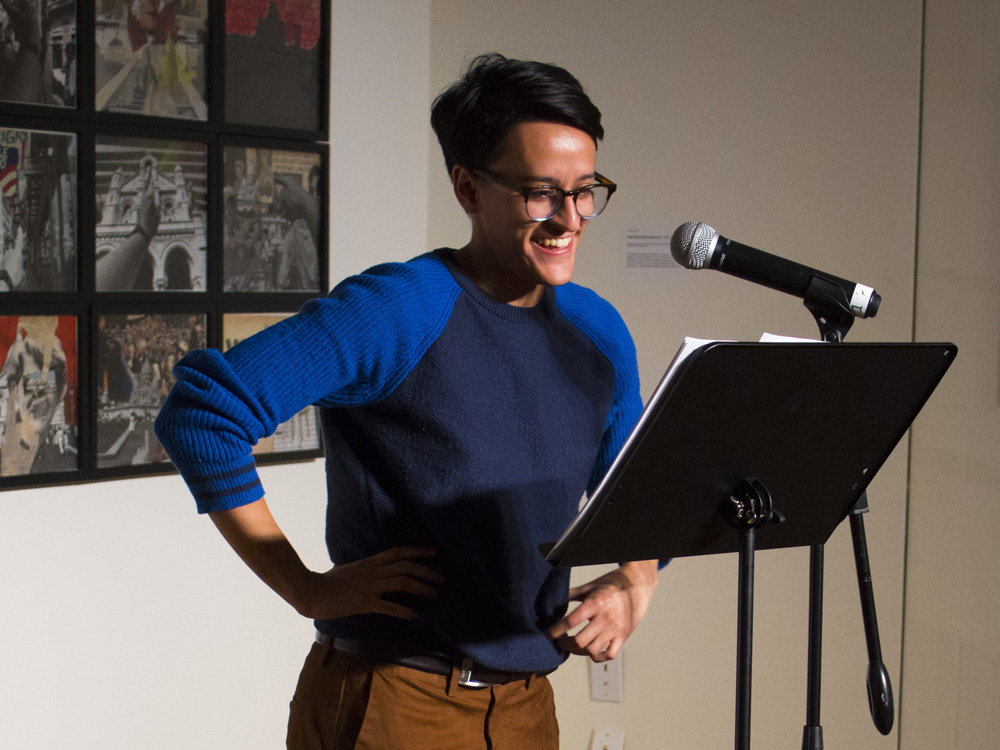 The gallery walls are hung with images of naked bodies. Workshop participants, women and nonbinary, introduce themselves. A pattern emerges: They want to reconnect with their writing. They have felt alone in the current political moment. They have wanted a place where they can be all of who they are—in race, culture, religion, and identity—and where queerness is not the otherness in the room. Someone asks, “When we discuss the texts, do we have to analyze them, or can we talk about the feelings and experiences they call up in us?” Over the next few weeks, our conversations crackle and spiral, one person’s thoughts inspiring a response in someone else; people want to talk about their lives with each other as much as they want to write.
The gallery walls are hung with images of naked bodies. Workshop participants, women and nonbinary, introduce themselves. A pattern emerges: They want to reconnect with their writing. They have felt alone in the current political moment. They have wanted a place where they can be all of who they are—in race, culture, religion, and identity—and where queerness is not the otherness in the room. Someone asks, “When we discuss the texts, do we have to analyze them, or can we talk about the feelings and experiences they call up in us?” Over the next few weeks, our conversations crackle and spiral, one person’s thoughts inspiring a response in someone else; people want to talk about their lives with each other as much as they want to write. 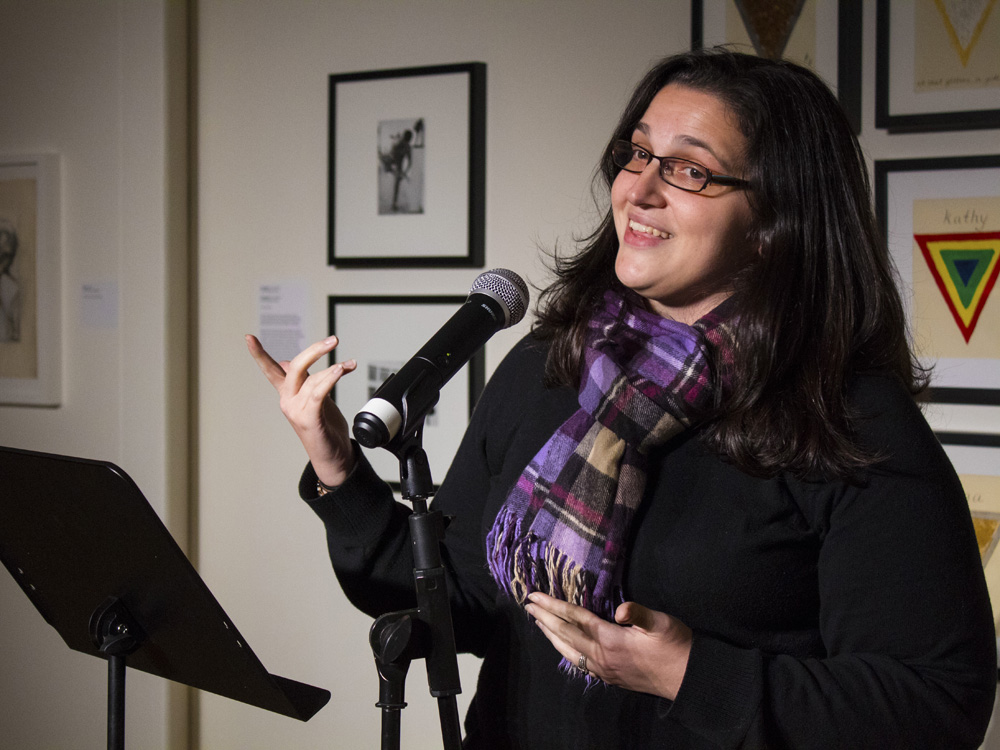 When someone asks, “Can we read non-American or non-Western texts?” I ask for their input. At our final workshop two folks bring in a nonfiction story called “The Woman Who Loved Women” from The Good Women of China: Hidden Voices (Anchor, 2003) by Xinran, and a science fiction short story called “The Worldless” about a genderless future by Indrapramit Das. As the pair discusses what compelled them about each piece, I realize that we all make our own queer herstories, shaped by the spaces we form together. The words of the authors we have read these past weeks are actually in conversation with us...and we speak back to them.
When someone asks, “Can we read non-American or non-Western texts?” I ask for their input. At our final workshop two folks bring in a nonfiction story called “The Woman Who Loved Women” from The Good Women of China: Hidden Voices (Anchor, 2003) by Xinran, and a science fiction short story called “The Worldless” about a genderless future by Indrapramit Das. As the pair discusses what compelled them about each piece, I realize that we all make our own queer herstories, shaped by the spaces we form together. The words of the authors we have read these past weeks are actually in conversation with us...and we speak back to them.



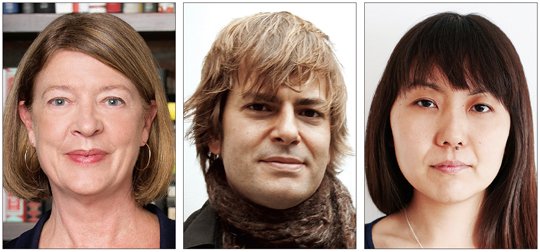

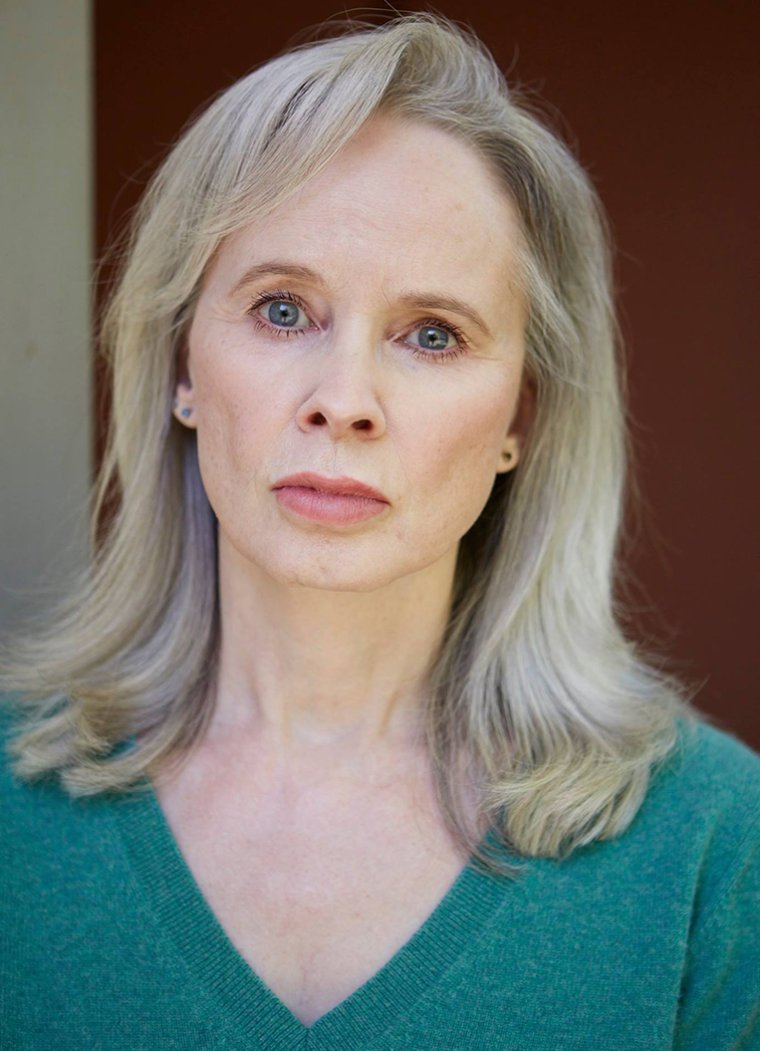
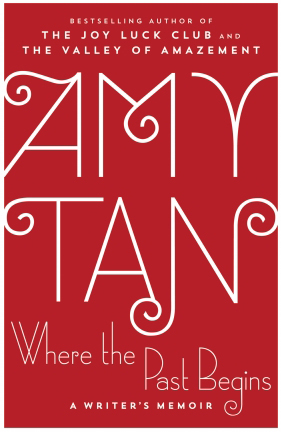
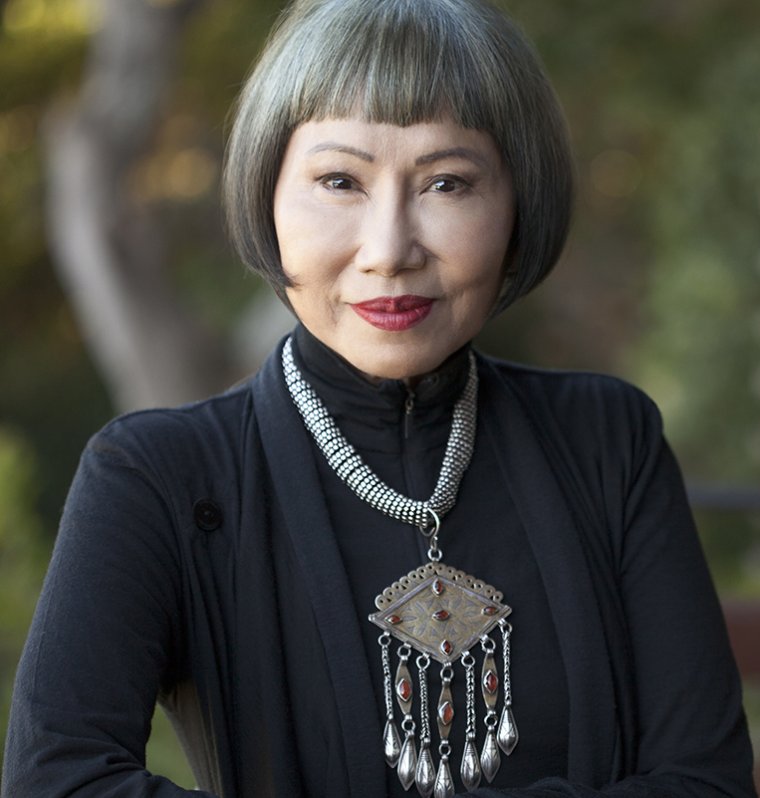
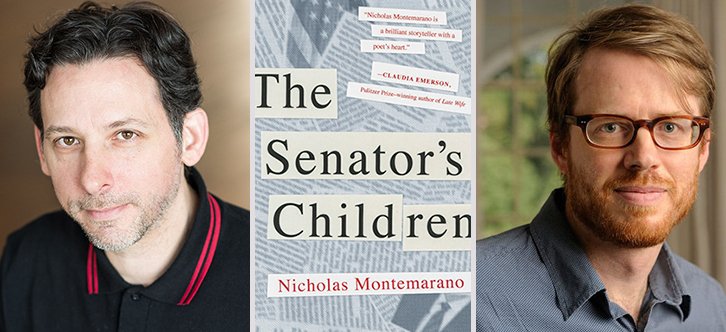
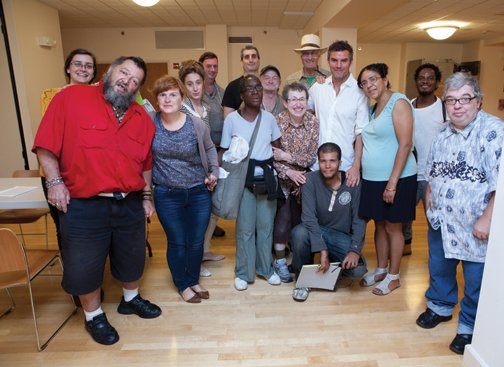






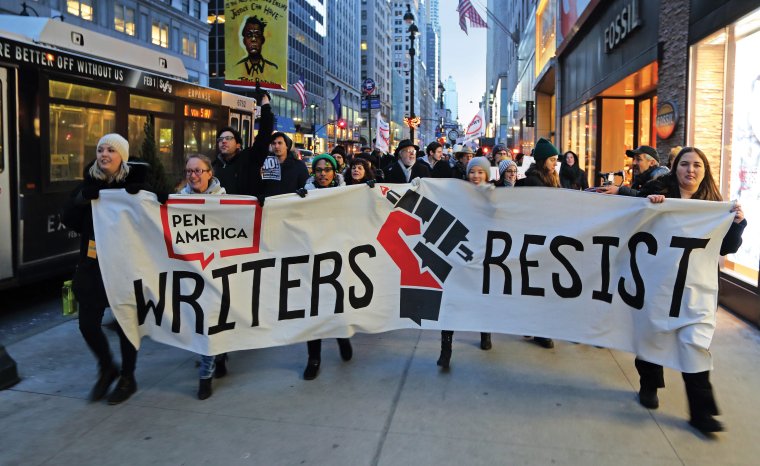


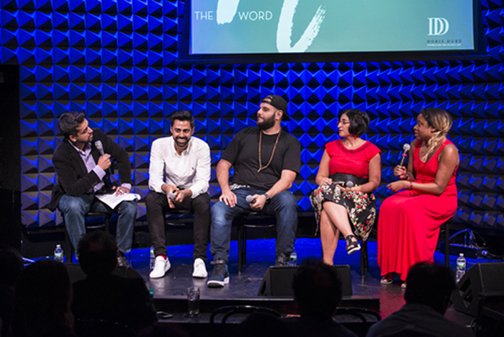
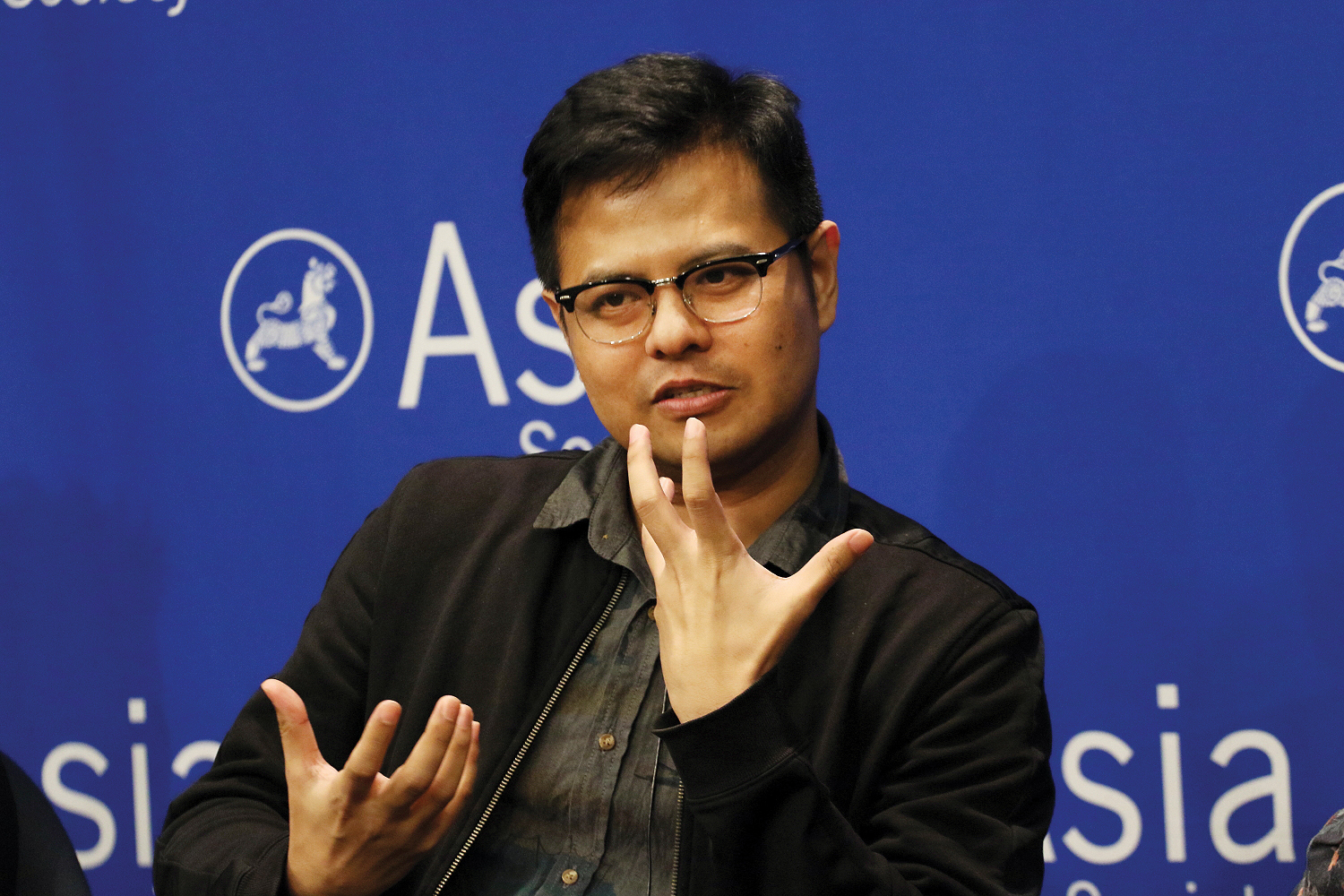



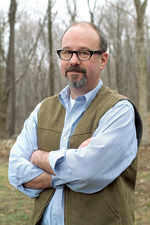 Raised in West Virginia and Naples, Florida, Garner started writing for alternative weeklies such as the Village Voice and the Boston Phoenix after graduating from Middlebury College. In 1995 he became the founding books editor of Salon, where he worked for three years, followed by a decade as senior editor at the New York Times Book Review. He has been a daily book critic for the New York Times since 2008. The author of an art book, Read Me: A Century of Classic American Book Advertisements (Ecco, 2009), he is currently working on a biography of James Agee. You can follow him on Twitter, @DwightGarner.
Raised in West Virginia and Naples, Florida, Garner started writing for alternative weeklies such as the Village Voice and the Boston Phoenix after graduating from Middlebury College. In 1995 he became the founding books editor of Salon, where he worked for three years, followed by a decade as senior editor at the New York Times Book Review. He has been a daily book critic for the New York Times since 2008. The author of an art book, Read Me: A Century of Classic American Book Advertisements (Ecco, 2009), he is currently working on a biography of James Agee. You can follow him on Twitter, @DwightGarner.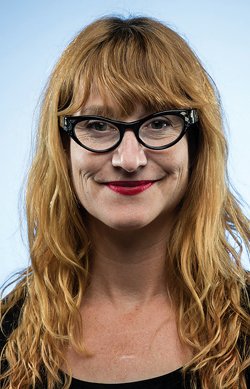

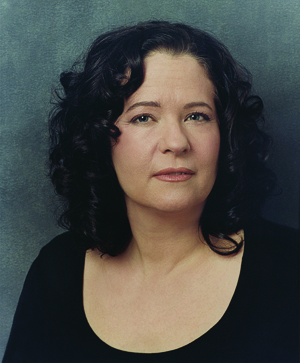
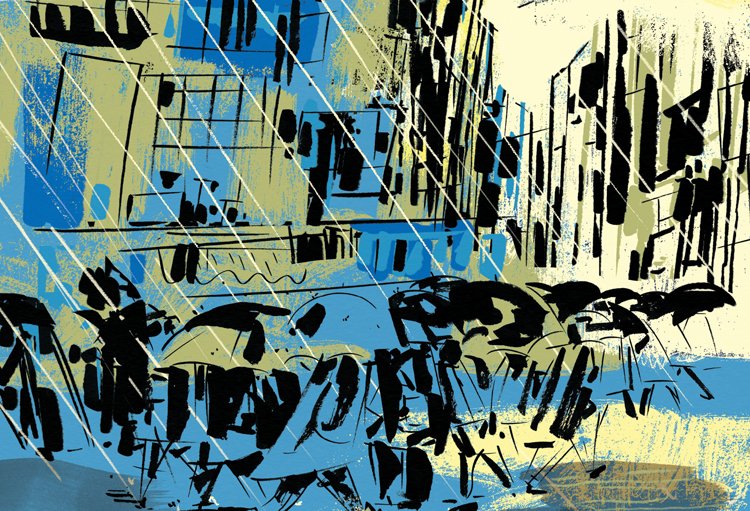
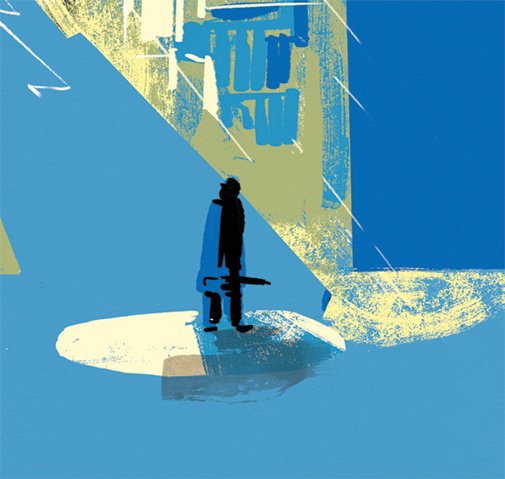

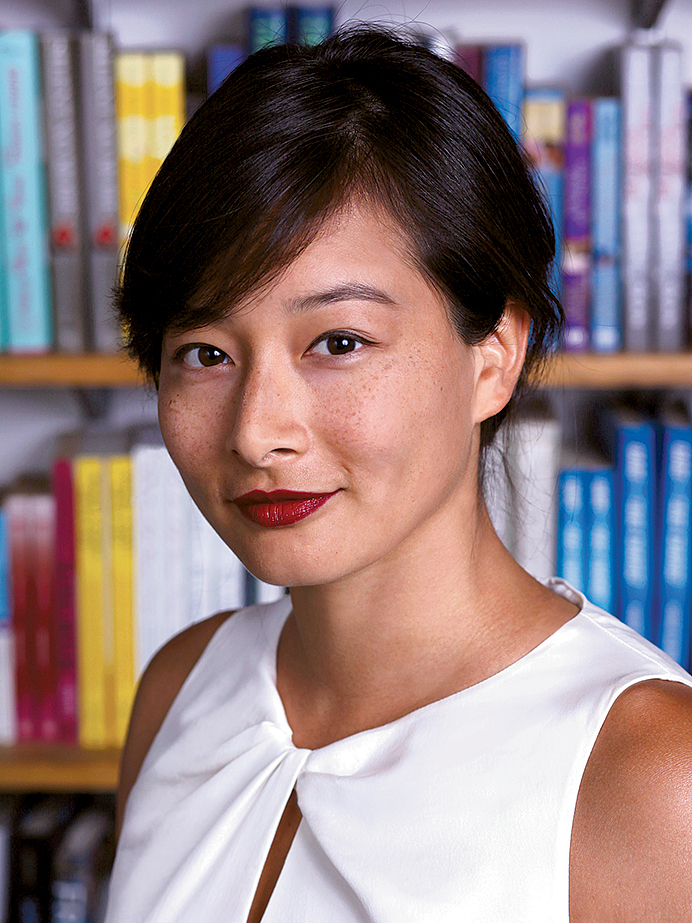

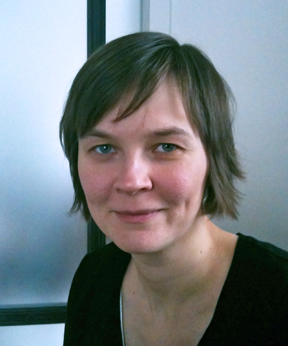 Areas of interest: Literary fiction and narrative nonfiction; also young-adult and middle-grade fiction
Areas of interest: Literary fiction and narrative nonfiction; also young-adult and middle-grade fiction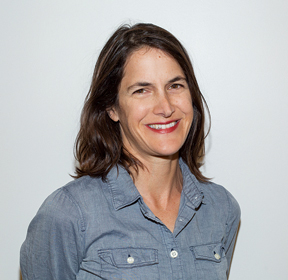 Areas of interest: Fiction, journalism, science, adventure, sports, memoir, illustrated, food, humor
Areas of interest: Fiction, journalism, science, adventure, sports, memoir, illustrated, food, humor
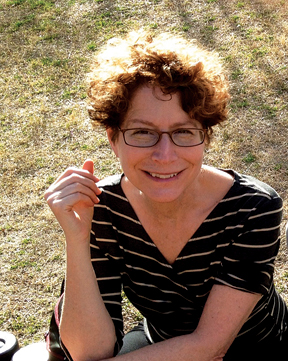 Areas of interest: Literary fiction, mysteries and thrillers, narrative nonfiction (especially by journalists), research-based psychology and self-help, cooking, design, gift
Areas of interest: Literary fiction, mysteries and thrillers, narrative nonfiction (especially by journalists), research-based psychology and self-help, cooking, design, gift
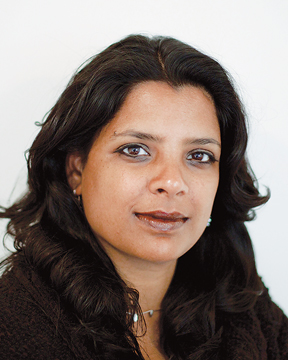 Areas of interest: History, science, current affairs, multicultural young adult, narrative nonfiction and memoir, occasional literary fiction
Areas of interest: History, science, current affairs, multicultural young adult, narrative nonfiction and memoir, occasional literary fiction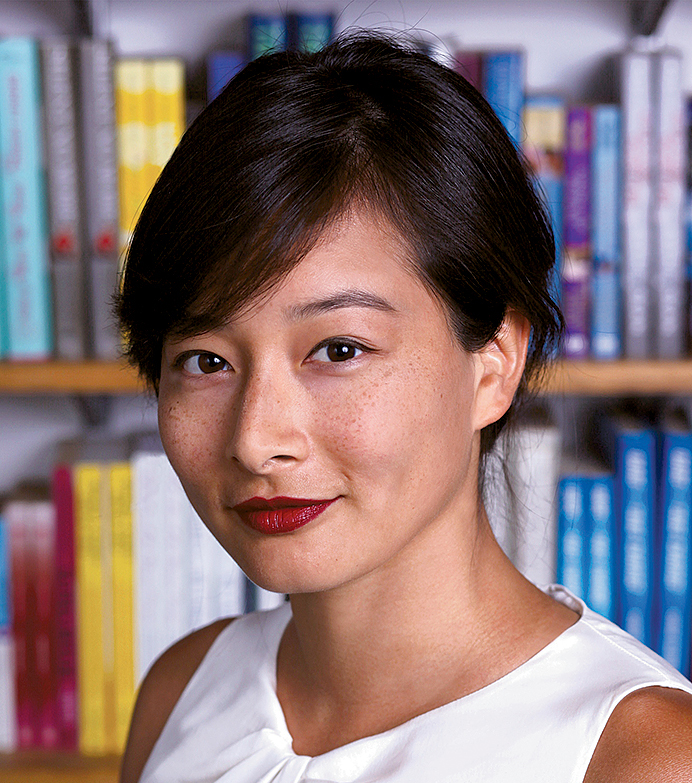
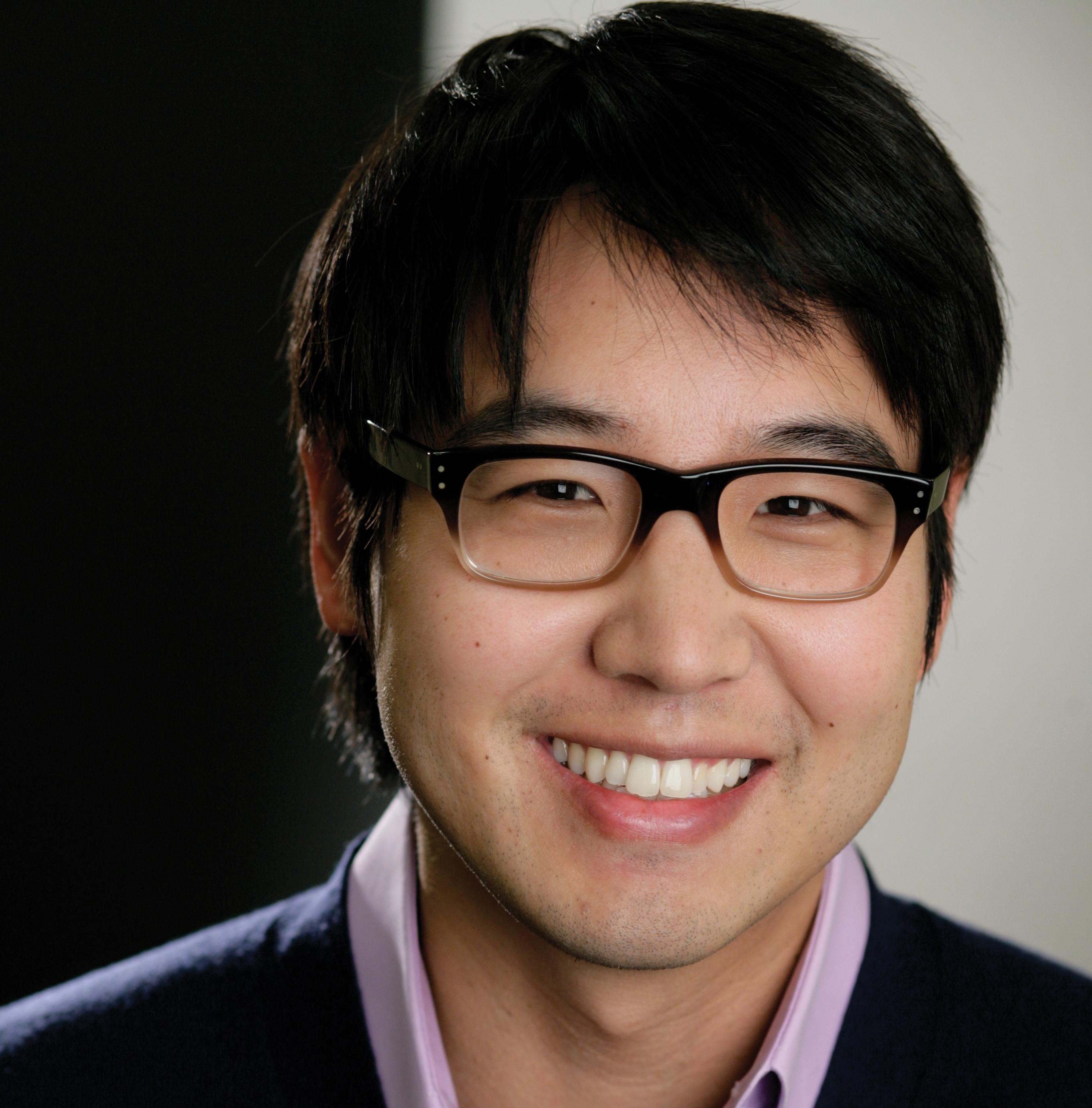
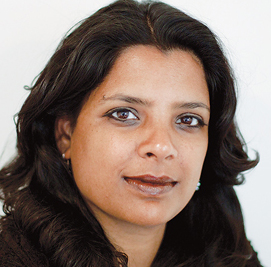
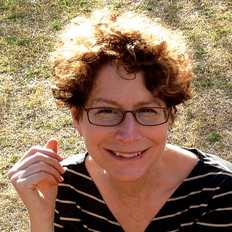
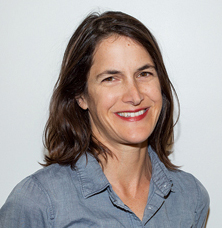
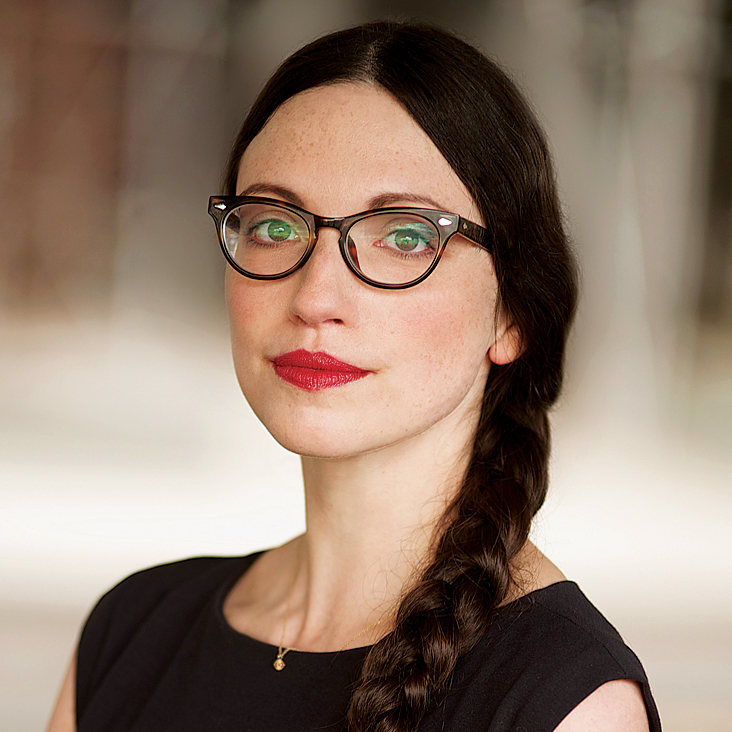
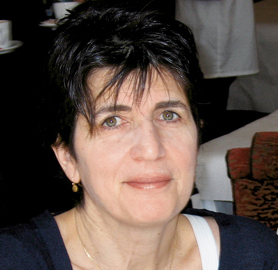
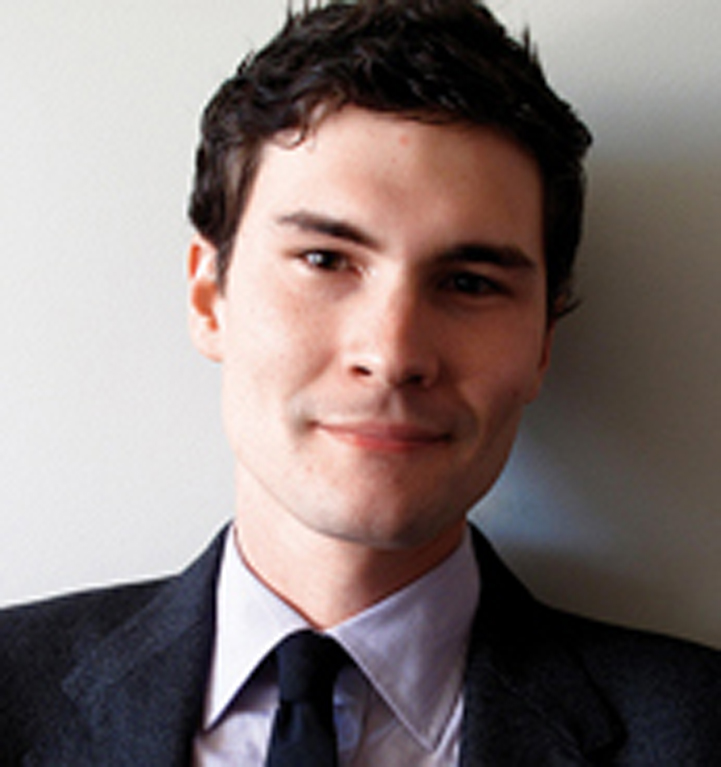



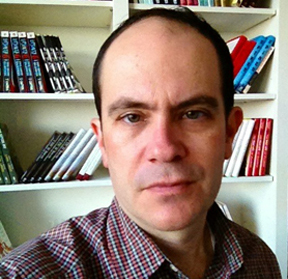
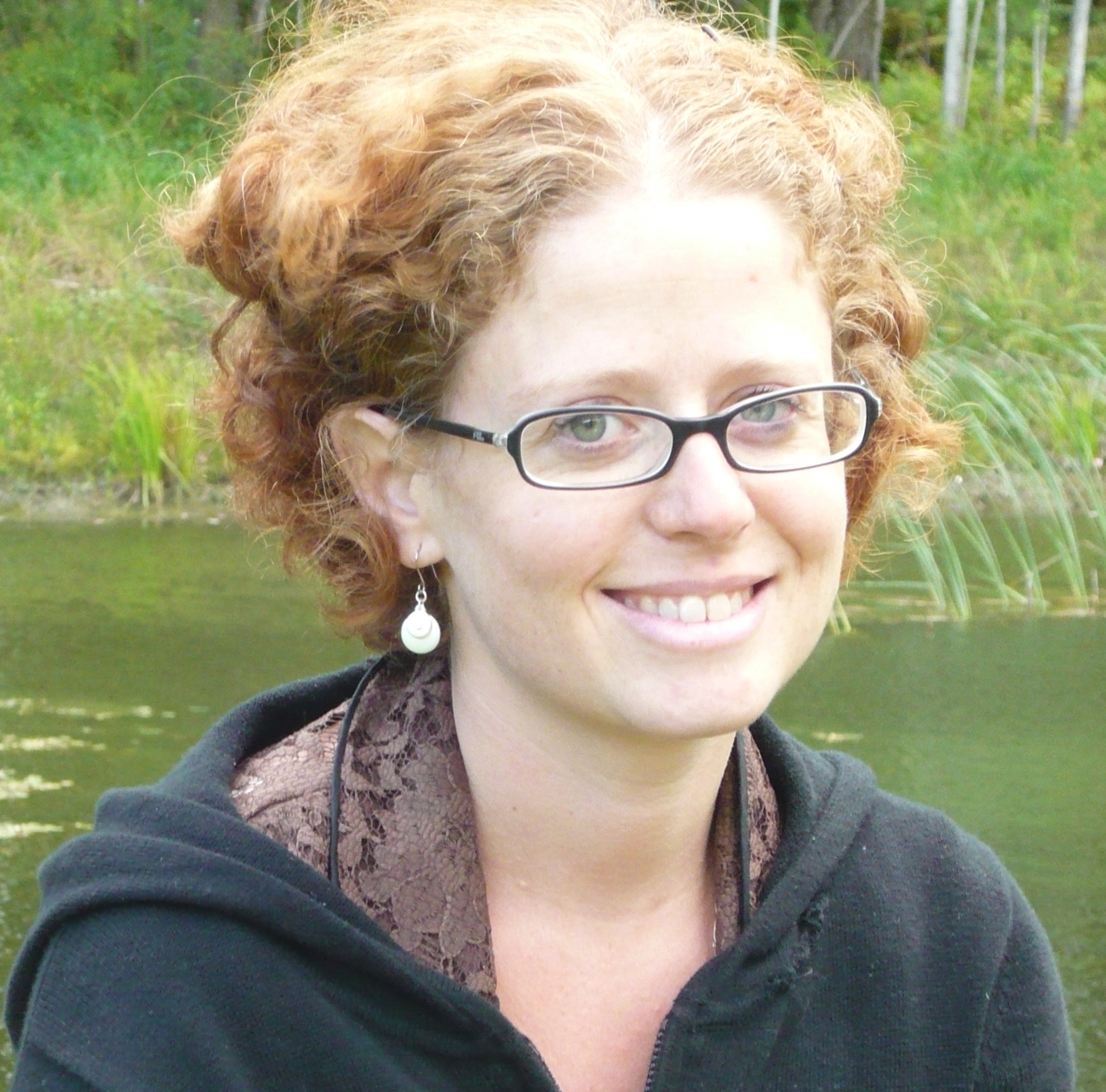
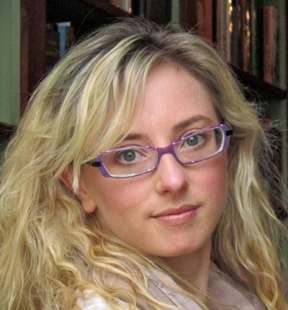
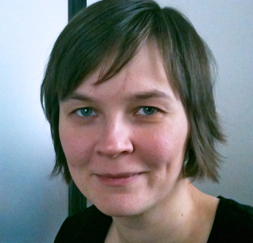

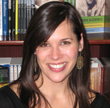


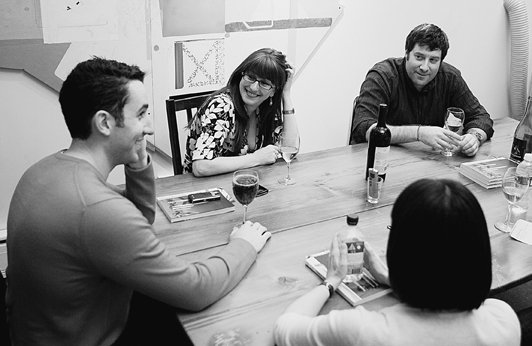


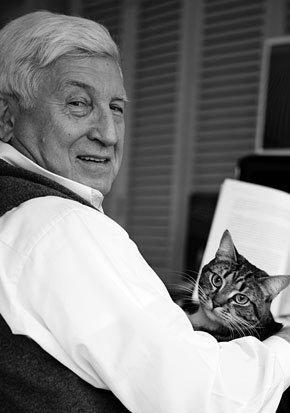
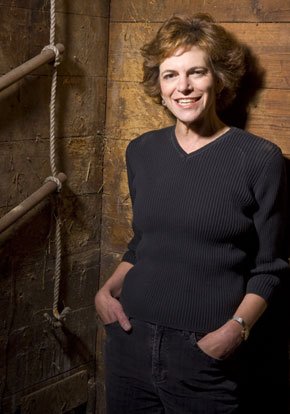



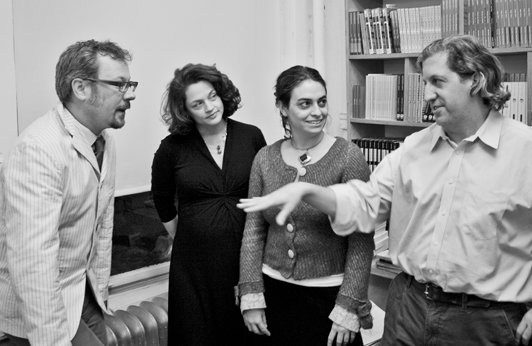
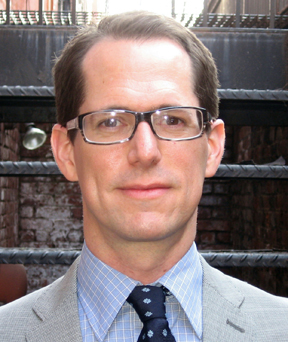 Areas of interest: Literary fiction, narrative nonfiction, journalism/investigative reporting, memoir, pop culture, graphic novels
Areas of interest: Literary fiction, narrative nonfiction, journalism/investigative reporting, memoir, pop culture, graphic novels